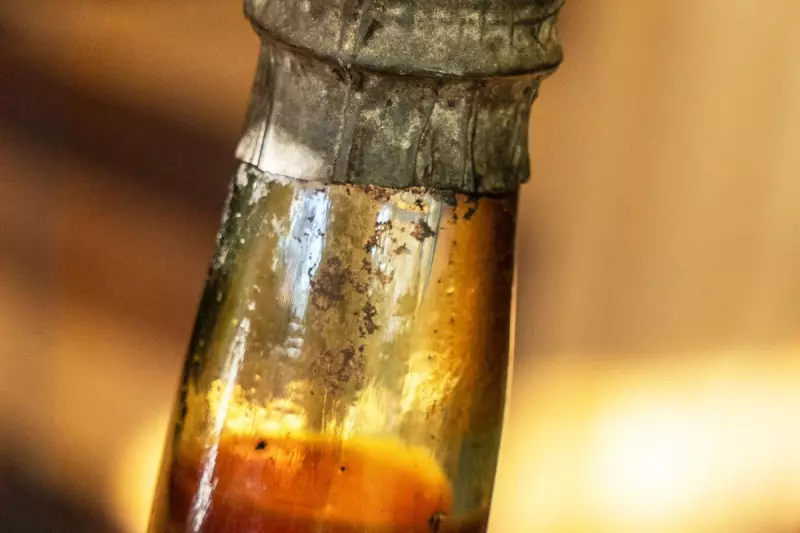
In an extraordinary feat of historical brewing, a long-lost beer recipe that once sustained Arctic explorers in the 1850s has been brought back to life after nearly two centuries. The legendary Allsopp's Arctic Ale, last brewed during the Victorian era, is set to make a remarkable comeback thanks to a collaboration between modern brewers and historical researchers.
The Frozen Legacy
The original Arctic Ale was created as a specially fortified brew designed to withstand the extreme conditions of polar expeditions. Commissioned for Sir Edward Belcher's 1852 Arctic mission, this robust beer was intended to provide both nutrition and morale to sailors facing the harshest environments on Earth. With an astonishing alcohol content ranging from 10% to 12%, it was built to survive freezing temperatures without losing its character.
Unearthing Brewing History
The recreation project began when brewing historian Steve Wellington discovered original brewing logs and samples preserved at the Burton upon Trent brewery. Through meticulous analysis and historical research, the team was able to decode the exact ingredients and brewing techniques used by their Victorian predecessors.
Key discoveries included:
- Original malt and hop varieties no longer in common use
- Unique fermentation methods specific to high-alcohol brewing
- Historical barrel-aging techniques that contributed to the beer's longevity
A Taste of Victorian Exploration
The revived Arctic Ale promises to offer modern drinkers an authentic taste of history. Described as having deep malty characteristics with complex fruit notes and a warming alcohol presence, it represents a bridge between contemporary craft brewing and traditional Victorian methods.
This isn't just another beer revival - it's a liquid time capsule that connects today's beer enthusiasts with the adventurous spirit of 19th-century exploration. The brewers have maintained historical accuracy while ensuring the final product meets modern quality standards.
From Polar Expeditions to Pub Glasses
The limited edition recreation will be available through speciality beer retailers and select pubs, allowing consumers to experience the same brew that once warmed Arctic explorers against polar winds. The project represents a growing trend in the brewing industry toward rediscovering and preserving historical beer styles that might otherwise be lost to time.
As craft beer enthusiasts increasingly seek unique and story-driven beverages, the resurrection of Allsopp's Arctic Ale demonstrates how brewing history can be both preserved and enjoyed by new generations. This remarkable revival proves that some recipes are truly timeless, even after 170 years in deep freeze.





